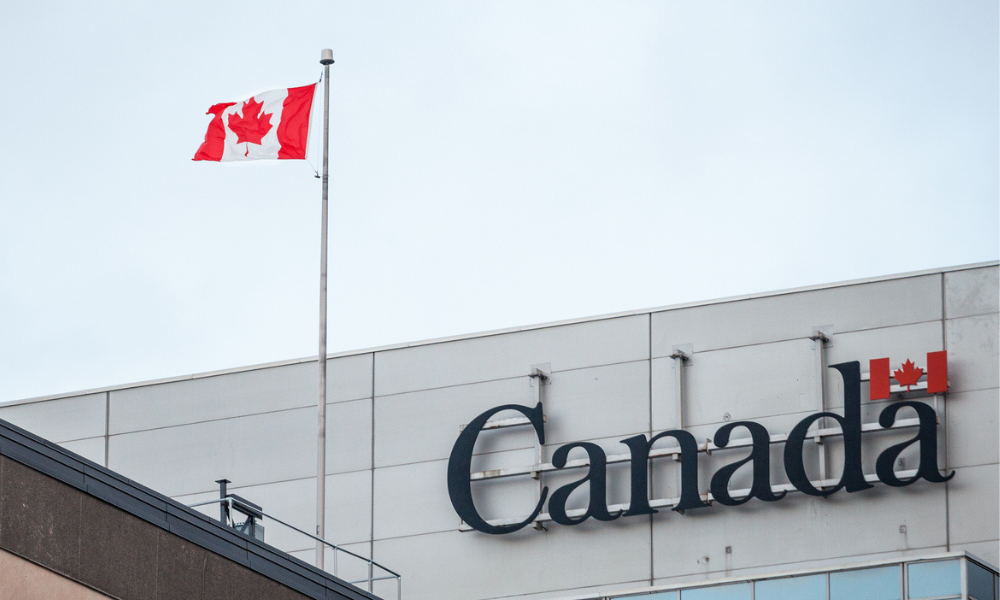In Canada, regulation of franchises is not covered by a single federal law on franchising. Instead, franchising agreements are regulated through franchise acts of different provinces.
There are six provinces that enacted its own franchise laws:
- Alberta’s Franchises Act
- British Columbia’s Franchises Act
- Manitoba’s Franchises Act
- New Brunswick’s Franchises Act
- Ontario’s Arthur Wishart Act (Franchise Disclosure)
- Prince Edward Island’s Franchises Act
(While Québec does not have a franchise legislation of its own, franchises in this province are governed by its Civil Code and the Charter of the French Language.)
Although these provincial laws only apply to their respective jurisdictions, these franchise acts are virtually similar with each other in their concept, the protection they afford franchisees and franchisors, and other impositions places upon these parties.
These franchise acts also apply to domestic and foreign franchisors.
How can I open a franchise in Canada?
Consulting with franchise lawyers in Canada is highly recommended, especially for foreign entities that wish to engage with franchisees in the country. Here are some best practices to consider right off the bat:
If the business is based in Vancouver, for example, it would be good to speak with a franchise lawyer in British Columbia.
This is important so that parties in a franchise agreement or contract are informed of their respective rights and obligations. This is also to prevent any violations, resulting in civil and criminal consequences.
Opening a franchise in Canada is governed by the provincial franchise act, which provides for:
- the obligation of the franchisors to provide a franchise disclosure document to the franchisees;
- parties to diligently follow the imposed duty of good faith and fair dealing; and
- franchisors to respect the franchisees’ right to associate
Franchise Disclosure Document
A franchisor has an obligation to give the prospective franchisee a Franchise Disclosure Document. This provides the prospective franchisee all the necessary information on the proposed franchise contract or agreement.
This document must contain:
- the franchisor's financial statements in either an audited or a review-engagement form;
- all the “material facts” which will affect the decision of the franchisee to proceed with the franchise agreement or not; and
- all other information prescribed by the applicable provincial franchise acts.
For this reason, the six Canadian provinces mentioned previously are called the “disclosure provinces”.
In “non-disclosure provinces” a Franchise Disclosure Document is optional, although it would be prudent for the franchisee to ask for one.
The Franchise Disclosure Document must be given to the prospective franchisee 14 days:
- before the signing of the franchise agreement, and
- before the payment of the prospective franchisee
The Franchise Disclosure Document must also be certified, dated, and signed by at least two directors or officers (or the sole director if there is only one) of the franchisor, according to the applicable provincial franchise act.
This certification is mandatory per the franchise acts. In it, the franchisor declares that all facts and information in the Franchise Disclosure Document are true and accurate, and that no material facts were unduly withheld.
Without this certificate, the franchisee has an opportunity to cancel the franchise agreement.
Duty of Good Faith and Fair Dealing
The duty of good faith and fair dealing applies not only to the Franchise Disclosure Document, but also throughout the negotiations of the franchise agreement.
This states that parties to the franchise contract must exercise their rights and duties in good faith and in a fair manner. Any breach holds the violating party accountable for damages and other remedies according to the applicable provincial franchise act.
Learn more about the duty of good faith in this video:
Right to Associate
The Canadian franchise acts give the franchisees the right to associate or to form groups, associations, or organisations among themselves. This must be respected by the franchisor who must not do any action to restrict that right.
The right to associate is especially important when similar franchisees under a single franchisor file for a class action against that franchisor.
What is a franchise agreement in Canada?
When parties in a franchise contract are past the negotiation stage, a franchise agreement is formally drafted according to the specific terms and conditions between the franchisee and the franchisor.
A franchise agreement includes:
- all the rights and obligations of each party
- provisions on the fees and payments
- its duration and renewal
- the scope of the territory and the intellectual property rights granted to the franchisee
- the methods of termination, and other contractual clauses (e.g., liability clauses, arbitration clauses, etc.)
Other conditions may also be set by the parties in the franchise agreement, such as:
- the obligation of the franchisor regarding the franchisee’s staff training
- assistance of the franchisor in the operations of the franchisee
- advertising and marketing arrangements, including the building design and renovations
- and insurance responsibilities
Read more: How does a franchise agreement lawyer help their clients?
Franchise Acts and Franchise Agreements
Franchise agreements are regulated by the provincial franchise acts. According to these laws, a provision of a franchise agreement – or the franchise agreement itself – becomes unenforceable when the franchise agreement:
- limits the liabilities of a franchisee below the standards provided by the applicable provincial franchise act;
- restricts the application of the provisions of the provincial franchise act on the terms and conditions of the agreement; or
- transfers or restricts the jurisdiction or venue of a case or claim that is enforceable under the appropriate province's franchise legislation to a court outside of the province.
Read more: What is a franchise litigation lawyer?
How are franchises taxed in Canada?
Aside from applicable income taxes (i.e., GST/HST, QST, or PST) in the province where the franchise is located, withholding taxes also apply. A foreign franchisor will be liable for:
- a 25% withholding tax on initial fees, royalties, management fees, and interest payments; and
- a separate 25% withholding tax for administrative support.
These withholding taxes may be reduced when a tax treaty is enforced. The obligation to pay these withholding taxes is placed on the franchisees, who must then deduct the taxable amount before paying the foreign franchisor.
Do you have more questions about these franchising acts in Canada? Comment below or consult with the best franchise lawyers in Canada.





